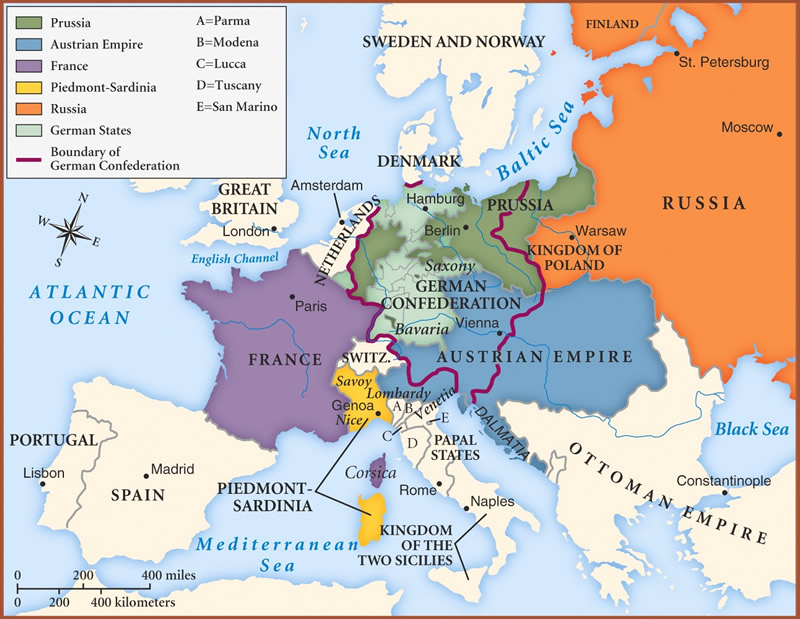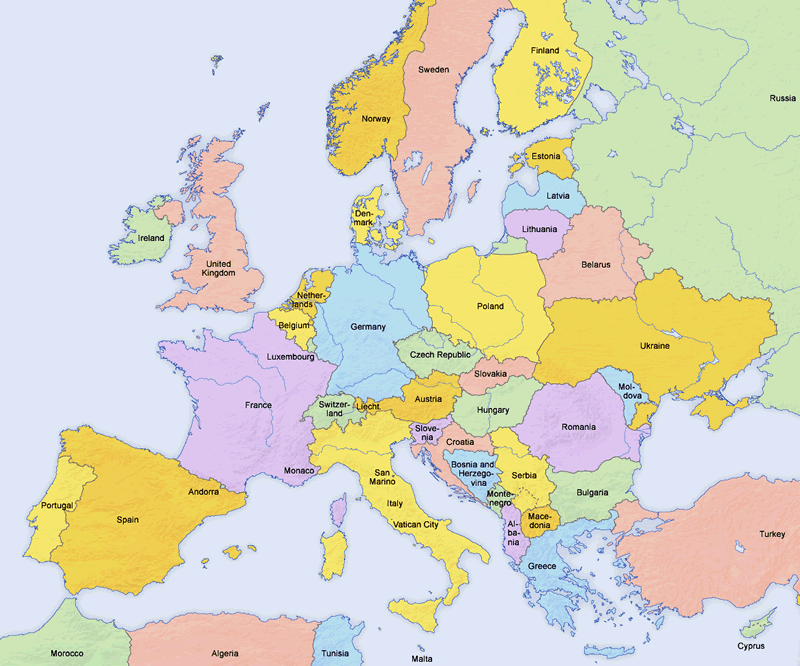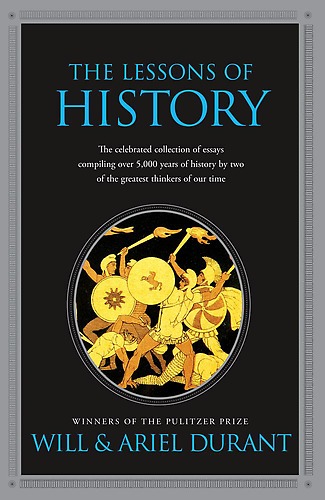![[The lessons of history]](../../enlightenment.gif)
history, quotations, lessons from history doomed to repeat them
famous quotations quotes, lessons of history fail social change![[The lessons of history]](../../enlightenment.gif) history, quotations, lessons from history doomed to repeat them |
| Home > Quotations about History > The lessons of history - famous quotations and quotes |
|
The lessons of history
"One of the lessons of history is that nothing is often a good thing to do and always a clever thing to say."
|
|

"Whatever concept one may hold, from a metaphysical point of view, concerning the freedom of the will, certainly its appearances, which are human actions, like every other natural event, are determined by universal laws. However obscure their causes, history, which is concerned with narrating these appearances, permits us to hope that if we attend to the play of freedom of the human will in the large, we may be able to discern a regular movement in it, and that what seems complex and chaotic in the single individual may be seen from the standpoint of the human race as a whole to be a steady and progressive though slow evolution of its original endowment."
Immanuel Kant
Idea for a Universal History from a Cosmopolitan Point of View (1784)
Or to quote Emerson, from his famous Essay ~ History more fully:-
"In old Rome the public roads beginning at the Forum proceeded north, south, east, west, to the centre of every province of the empire, making each market-town of Persia, Spain, and Britain pervious to the soldiers of the capital: so out of the human heart go, as it were, highways to the heart of every object in nature, to reduce it under the dominion of man. A man is a bundle of relations, a knot of roots, whose flower and fruitage is the world. His faculties refer to natures out of him, and predict the world he is to inhabit, as the fins of the fish foreshow that water exists, or the wings of an eagle in the egg presuppose air. He cannot live without a world."
![]()
"There is one mind common to all individual men....
....Of the works of this mind history is the record. Man is explicable by nothing less than all his history. All the facts of history pre-exist as laws. Each law in turn is made by circumstances predominant. The creation of a thousand forests is in one acorn, and Egypt, Greece, Rome, Gaul, Britain, America, lie folded already in the first man. Epoch after epoch, camp, kingdom, empire, republic, democracy, are merely the application of this manifold spirit to the manifold world."
From Ralph Waldo Emerson's Essay ~ History
"The first glance at History convinces us that the actions of men proceed from their needs, their passions, their characters and talents; and impresses us with the belief that such needs, passions and interests are the sole spring of actions."
Georg Hegel, 1770-1831, German philosopher, The Philosophy of History (1837)
"The value of history is, indeed, not scientific but moral: by liberalizing the mind, by deepening the sympathies, by fortifying the will, it enables us to control, not society, but ourselves -- a much more important thing; it prepares us to live more humanely in the present and to meet rather than to foretell the future."
Carl Becker, 1873-1945, U.S. historian
We have prepared some fairly detailed, but hopefully "truth-full and informative", pages about a most deeply revealing episode in European History in the spirit of attempting to learn worthwhile lessons of history!!!
The events of 1848 display the existence and latent power of many societal pressures which have subsequently fully contributed to the "Emergence of Modernity" in the Western world.
Prior to 1848 the existence of these societal pressures was often unsuspected or ignored, - their latent power was certainly vastly unappreciated.
The European Revolutions of 1848
In February 1948, the British historian Lewis Namier delivered a lecture commemorating the centennial of the European Revolutions of 1848.
In this lecture Namier presented facts about the historical developments, themes, and events evident in 1848 and reached the conclusion that:-If Namier is right in viewing the "Revolutions of 1848" as featuring a seed-plot of history, and if we can identify the early attempts at growth and development by such evident resulting "seedlings" as Liberalism, Constitutionalism, Democracy, Socialism and Nationalism ~ including such competition as came to exist between them for "a Place in the Sun" (in situations where, although shaken, down-but-not-out dynastic authority was usually trying to suppress them, fairly successfully in 1848 and with diminishing effectiveness over ensuing decades) then surely we will have succeeded to some degree in actually learning lessons of history."1848 remains a seed-plot of history. It crystallized ideas and projected the pattern of things to come; it determined the course of the following century."
Learning lessons of history can surely be seen as a pressing necessity in the hope of yielding up some guidlines for the adoption of practical policies intended to enhance the possibility for the lessening of injustices and for the avoidance of conflict.
We would hope that our coverage of this "dramatic historical watershed" will provide something of a persuasive outline as to how it came about that the Dynastic Europe of 1815:-

The European political map above, agreed at the Congress of Vienna of 1815, saw some changes,
(principally due to the emergence of Belgium and Greece), before the Revolutions of 1848-1849.

(This map has become a little out-of-date due to The Crimea
~ a southern peninsula of Ukraine since 1954 ~
seceding, early in 2014, to become closely linked with the Russian Federation).


The laws of biology are the fundamental lessons of history. We are subject to the processes and trials of evolution, to the struggle for existence and the survival of the fittest to survive.
One lesson of history is that religion has many lives, and a habit of resurrection. How often in the past have God and religion died and been reborn! . . . Atheism ran wild in the India of Buddha's youth, and Buddha himself founded a religion without a god; after his death Buddhism developed a complex theology including gods, saints, and hell.
Start of
The lessons of history
famous quotations and quotes